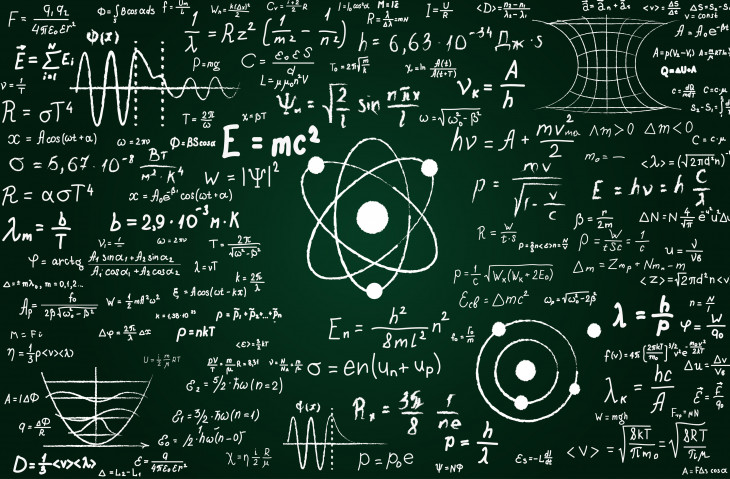In order to achieve mathematician status, years of intense study are required. Typically, mathematicians require a master's degree in mathematics. There are however, certain positions offered for individuals with a bachelor's degree.
Education & Training
Mathematicians generally require an advanced degree such as a doctorate or a master's degree, within the private industry sector. Individuals with federal government positions require a minimum of a bachelor's degree in mathematics along with a tremendous amount of math coursework completed.
The majority of universities and colleges provide a bachelor's degree in math. Generally, courses include the following: abstract algebra, linear algebra, differential equations and calculus. The majority of universities and colleges require these students to take additional subject matter including: physics, statistics, and engineering and computer science.
Numerous universities offer doctoral and master's degrees in applied or theoretical mathematics. A number of students who earn their doctoral degree opt to work as mathematics professors' in university or college; as opposed to working in private industry or government.
Bachelor degree holders who have successfully completed their local certification requirements may choose to become middle school or high school mathematics teachers. Individuals interested in having this career should enroll in as many math courses that they can while attending high school.
Skills and Qualities that will Help
Analytical skills: Mathematicians rely on complex models and specific techniques to analyze copious amounts of data. It is necessary that they are accurate and precise with their analysis.
Communication skills: It is important that mathematicians develop solutions and interact with individuals who may not have a deep understanding or knowledge of mathematical subject matter.
Math skills: Mathematicians use linear algebra, statistics and calculus to develop their analyses and models.
Problem-solving skills: Mathematicians are responsible for devising new solutions to problems encountered by engineers and scientists.









